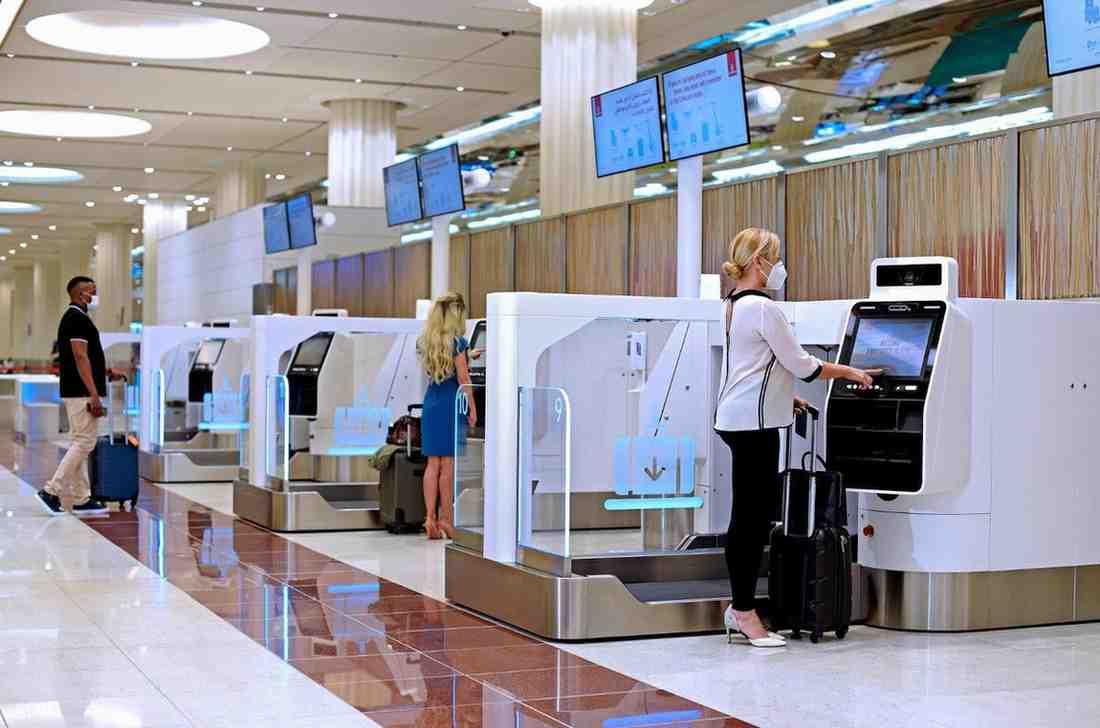Dubai Airports Aims to Eliminate Check-In Counters in Ambitious Contactless Travel Overhaul
In a bold move set to redefine global aviation, Dubai Airports has announced a transformative vision to completely eliminate traditional check-in counters. Spearheaded by CEO Paul Griffiths, the plan envisions a future where airports are "invisible, seamless and integrated," leveraging advanced biometric technology to create a truly contactless travel experience from curb to gate.
Reimagining the Airport as a Hospitality Space
The core of this radical shift is the belief that physical check-in is an outdated concept. Griffiths argues that since payment and booking are completed digitally, the subsequent physical check-in is redundant. This new approach would transform the airport terminal from a processing facility into a hospitality-focused environment, similar to a luxury hotel lobby.
“It should be a short walk to your aeroplane,” Griffiths stated, emphasizing that removing bottlenecks would allow staff to focus on enhancing passenger service rather than managing queues. This passenger-centric model aims to make the journey through Dubai International Airport (DXB) as effortless as possible.
The Three Pillars of the Contactless Journey
This future relies on three key technological pillars:
- Biometric Identity Verification: Facial recognition technology will replace manual document checks at every touchpoint. Passengers will be verified automatically for check-in, security, immigration, and boarding, creating a seamless "walk-through" experience.
- Automated Baggage Handling: The cumbersome process of printing and attaching baggage tags will be eliminated. The vision includes luggage being manufactured with embedded, machine-readable barcodes. Passengers would simply drop their bags at an automated point, from where a smart system sorts and routes them to the correct aircraft.
- AI-Powered Security Screening: Advanced, AI-driven 3D scanners are being installed that can detect prohibited items—including laptops and liquids over 100ml—without requiring passengers to unpack their bags. This technology is crucial for maintaining security while drastically speeding up the process.
Strategic Benefits: Efficiency and Sustainability
The benefits of this overhaul extend far beyond passenger convenience. Griffiths highlighted that by halving passenger processing times, Dubai Airports could effectively double its capacity without constructing new terminals—a masterclass in operational efficiency.
The plan also has a strong sustainability angle. Griffiths criticized the continued reliance on paper baggage tags in a modern airport system. The proposed automated baggage handling would eliminate this paper waste, contributing to a more environmentally friendly operation.
Also Read: Skyloov Illuminates Ain Dubai in Spectacular Proptech Branding Stunt
Technology Already in Deployment at DXB
This future is already taking shape at DXB. Key technologies are being rolled out in phases:
- Smart Gates: Biometric "e-gates" are already operational, allowing eligible passengers to bypass manual passport checks.
- AI Security Scanners: The installation of new AI-powered security scanners is underway and expected to be completed by the end of 2026.
- Immigration Corridors: The airport has introduced an AI-powered corridor where facial recognition processes travelers in as little as 14 seconds, a precursor to the "Travel Without Borders" initiative that aims to eliminate physical passport control entirely.
Challenges and the Road Ahead
Despite the ambitious vision, several challenges remain:
- Data Privacy: The widespread use of biometric data requires robust systems to protect passenger privacy and ensure data security.
- Infrastructure Investment: The large-scale installation of automated systems across one of the world's busiest airports is a monumental task.
- Passenger Adoption: Travelers will need to adapt to and trust a fully automated, technology-driven process.
By championing this contactless vision, Dubai Airports is positioning itself as the global leader in the future of aviation. If successfully implemented, it will not only enhance Dubai's status as a world-class hub but also set a new, higher benchmark for efficiency and passenger experience in air travel worldwide.




